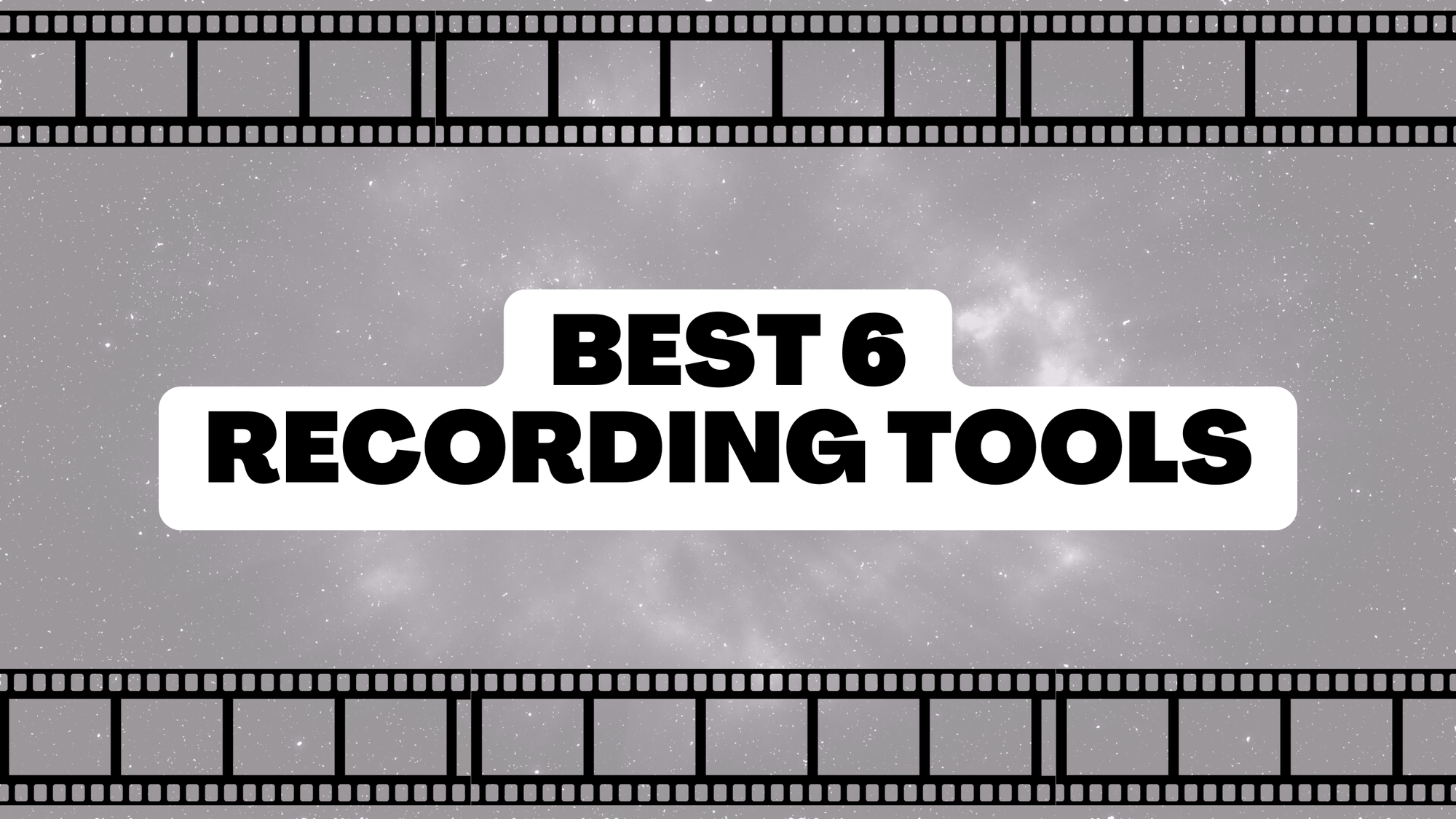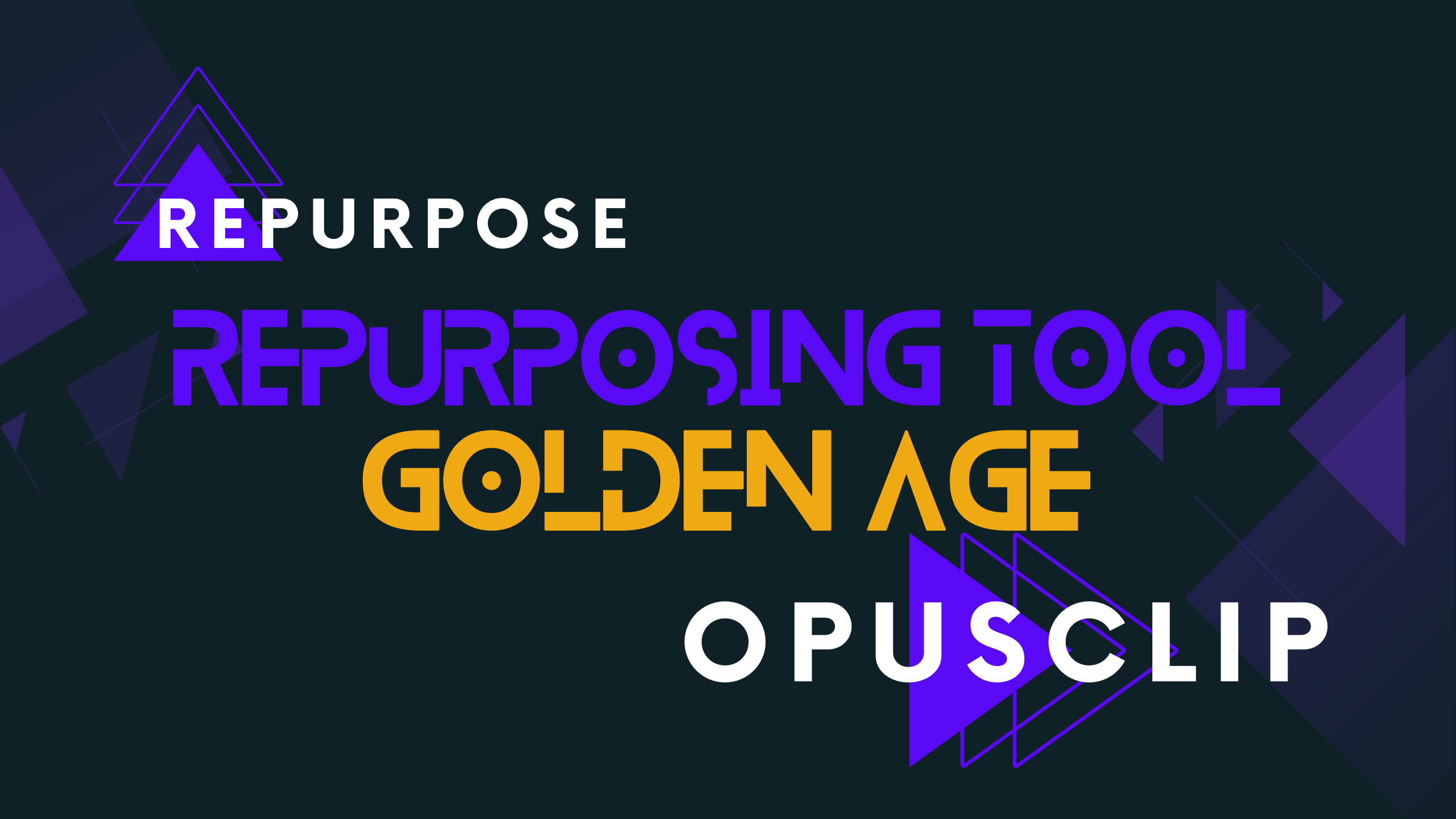How you think directly impacts how you move and swim.
This post takes a two-fold approach, as we look at the psychology as a whole, and we will get a micro-lesson on breathing as it pertains to the psyche.
When approaching this you have to think of it all with a grain of self-love. People give themselves too much of a hard time when making mistakes or losing focus.
You gotta be calm to keep going
I'm going to avoid making examples outside of swimming, but this lesson applies to most areas of life too. When you are swimming you are moving from point A to point B, how you start can make a huge difference, but the biggest difference is how much you panic.
When I say panic I don't mean freaking out, as that can happen, but rather the micro panic feeling or tenseness in the chest when you run out of breath. Imagine running a block down the street, sure most people reading this could do that without much trouble, others may get really out of breath.
AND THAT IS OKAY.
Know your limits, then surpass them.
The fascinating physical phenomena
When you are holding your breath you are trapping that oxygen inside, and over time you use it up, and then you need to release carbon dioxide. I've used the descriptors of "good air" and "bad air" for young kids, but even some of my 8 year old lessons would understand the true scientific ways of explaining. Kids treated like adults can actually surprise you how much they retain.
Let's say over the course of you swimming you are under water for 10 seconds. Not very long to be honest, but a great starting point. I often tell my students do not even worry about learning to breath yet. Just stand up, and focus on the actual swimming itself.
However before you can even swim, let alone breathing while swimming, then you need to learn the hydrodynamics of breath.
When you blow out you empty yourself to come up for air and breathe in more, when you hold it in for a short time you'll be okay, but hold it in too long and you'll start to panic.
It's all about timing and focus
When you think about breathing then it makes it worse, so instead you can focus on other things. Such as the strokes, the kicks, or better yet the blowing of bubbles.
Releasing the air is an action to take, and if you hold your breath prior for an average amount of time, then proceed to blow air out of your nose over time (mouth stays closed). Overall you'll not only extend your time under the water, but you'll also feel a lot better mentally/physically.
This gives you an ever important extra few seconds under the water. You can only improve on a skill by doing it over and over, thinking about swimming only helps so much, you actually have to get in and do the strokes. However if you fail to hold your breath properly then you'll swim for less than an optimal amount of time each lap. Conversely, if you hold your breath for longer, blow out for a time, and then come up you'll gain those extra seconds that will add up to a lot more time of practice.
It all comes together
By keeping a calm mind you can focus on swimming, by focusing on the physical act of swimming you can manage your breathing, by working on your breathing you get your lungs stronger, and then over time gain a ton more practice.
This sort of domino mentality is something you'll see a lot of in the coming newsletters. Between the Three Simple Steps of Swimming, how I organize the learning of strokes, general fitness psychology, and overall the Mr. Dustin Swimming system as a whole.
I'm looking forward to sharing that all with you in these weekly blog updates, and in the upcoming book!
Disclaimer:
This is advice for people to level up their swimming, or perhaps get started in the first place. While you swim you should make sure you are doing so in a public facility with a lifeguard on duty for safety.
![Official Website for Dustin Miller PolyInnovator [LLC]](https://polyinnovator.space/content/images/2025/03/polyinnovator-logo-2024.png)











